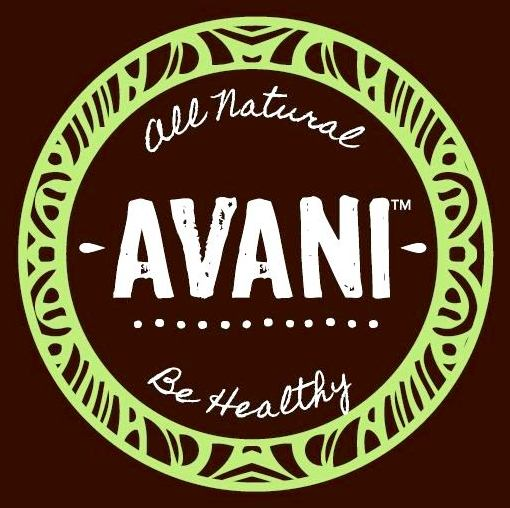Lecithin - Why is it in everything?
Posted by Emily McAfee on
A growing body of evidence indicates lecithin is converted by gut bacteria into trimethylamine-N-oxide(TMAO), which is released into circulation, and may with time contribute to atherosclerosis and heart attacks.
So what is Lecithin?
Lecithin is an emulsifying substance that is found in plants and produced naturally in your body. It is used in many products to keep water and fat from separating. It helps bind ingredients together and extend the shelf life of a product.
In biochemistry terms, lecithin is a synonym for phosphatidyl choline. It is the main lipid component in biological membranes, like our cell membranes or cell walls of plants. On the other hand, commercial lecithin is actually a natural mixture of neutral and polar lipids, including glycolipids, triglycerides, sterols, and small quantities of fatty acids, carbohydrates, and sphingolipids.
There are many health claims of Lecithin as a supplement, but there are a lot of mixed reviews and strong opinions out there. So do your research.
Do you know the history of Soy Lecithin?
The French scientist Maurice Gobley discovered lecithin in 1805. He named it “lekithos” after the Greek word for “egg yolk.” In the early 1900’s soy lecithin was a waste product which occurred during the degumming process of soybean oil. By 1908 the manufacturing of soy bean had flourished and they could not get rid of the waste product fast enough. In Germany, soy processors, thought of ways to use the waste product which they named ’soy lecithin’. By 1939 scientists had discovered over a 1,000 ways to use soy lecithin. Soy lecithin is mostly made from soy oil, which is usually derived through a chemical process hexane.
References:
-
Wendy R Russell WR et al. (2013) Colonic bacterial metabolites and human health (Review). Current Opinion in Microbiology 16(3):246–254
-
Tang, WH; Wang Z; Levison BS; Koeth RA; Britt EB; Fu X; Wu Y; Hazen SL (Apr 25, 2013). "Intestinal microbial metabolism of phosphatidylcholine and cardiovascular risk.".N Engl J Med. 368 (17): 1575–84. doi:10.1056/NEJMoa1109400. PMC 3701945.PMID 23614584.
-
Mendelsohn, AR; Larrick JW (Jun 2013). "Dietary modification of the microbiome affects risk for cardiovascular disease.". Rejuvenation Res. 16 (3): 241–4.doi:10.1089/rej.2013.1447. PMID 23656565.
Share this post
0 comment
